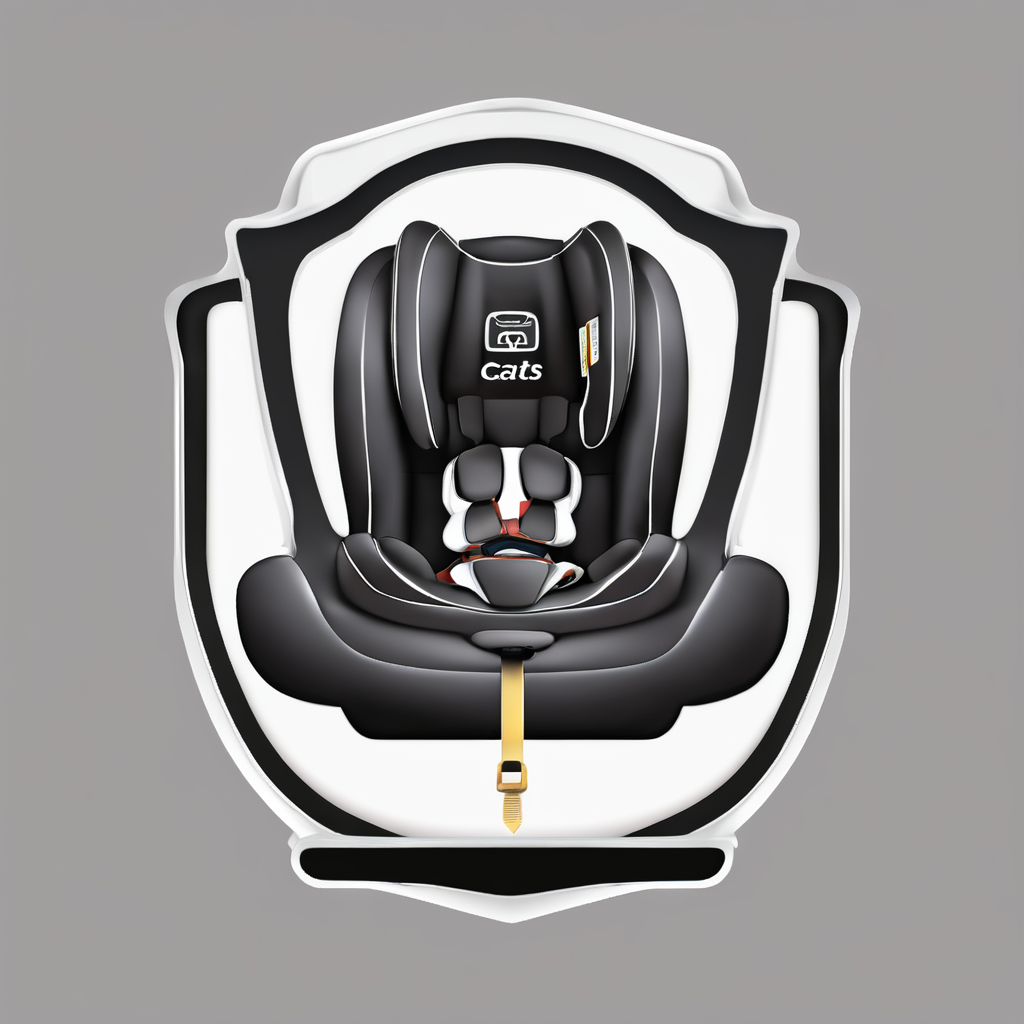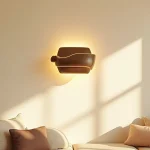When you step into your home after a long day, the entrance should ideally invite you with a sense of peace and balance. This may sound like a tall order, but with the help of Feng Shui, a traditional Chinese system of aesthetics, you can create a space that radiates positivity, tranquillity, and energy flow. Feng Shui principles can be applied to all areas of your home, from the front door to the living room. In this guide, we will focus specifically on enhancing the entryway of your house, which is of great importance in Feng Shui as it is considered the mouth of the home where energy, or Chi, enters.
Understanding the Importance of the Entryway in Feng Shui
In Feng Shui, the entryway or the front door is called the ‘Mouth of Chi.’ This is the place where energy enters your home. The front door acts as the main gateway through which the house absorbs life energy to nourish your personal energy. In other words, it’s the entry point for all the good vibes and positive energy you want to invite into your living space.
A lire également : Explore unique wall lights for every style and budget
A well-designed and well-kept entryway can attract abundance, health, and harmony. Conversely, if your entryway is cluttered, dark, or unwelcoming, it can hinder the flow of positive energy and even invite negative experiences into your life. By applying Feng Shui principles, you can ensure that your home’s entryway is maximising the flow of good energy.
Choosing the Right Design for Your Entryway
Design plays a significant role in creating a Feng Shui-friendly entryway. This involves everything from the colour of the door to its design and direction, and the decor around it. A Feng Shui compliant entryway design seeks to balance the five elements of water, fire, earth, metal, and wood.
A découvrir également : Illuminate your space: discover the light bulb chandelier
The front door, for instance, should be in good condition as it represents wealth. The size of the door should be proportional to the size of the house. The door’s colour should correspond to its compass direction – East (Wood element) can have green or brown, South (Fire element) can be red, North (Water element) can have blue or black, and West (Metal element) can be white or gold.
It’s also essential to keep your entryway clean, clutter-free, and well lit. This will ensure that the energy flow is not obstructed. A mirror in the foyer can push the energy out of the house, so avoid placing one directly opposite the front door. However, a table with flowers or a beautiful piece of artwork can create a positive impact.
Creating a Positive Energy Flow in Your Entryway
After you have taken care of the design, the next step is to focus on creating a positive energy flow. The best way to achieve this is by utilising different Feng Shui tools that can enhance the energy in this area.
Water features or images of water near the entryway can attract wealth, but avoid placing them directly opposite the front door as it will cause the energy to flow out too quickly. Wind chimes, particularly metal ones, can also be placed near the front door to bring in good luck. Placing a plant near the door is another great way to increase positive energy. But avoid thorny plants or cacti as they can deter good energy from entering your home.
Remember, the objective here is to ensure that the energy entering your house is not too aggressive or too slow. It should be balanced, like a gentle, meandering stream.
Using Feng Shui to Enhance Your Living Space
The principles of Feng Shui can also be extended to other rooms in your house. However, always remember that the entryway sets the tone for the rest of the house. If the front door and entryway are inviting and positive, that energy will flow and circulate throughout your home.
When designing other rooms, try to maintain a balance of the five elements and avoid having too much of one element. For instance, a room with too many wooden items can create a sense of imbalance. Also, keep the space clean and clutter-free to allow the energy to flow freely.
Optimising the Entryway for Better Life and Credit
Interestingly, Feng Shui not only plays a role in bringing in positive energy and balance into your life but can also impact your credit or financial stability. Practising Feng Shui in your entryway is deemed to invite prosperity and abundance into your life.
Fix anything broken in your entryway, replace worn-out doormats, and avoid stacking up shoes and other items in the entrance, as these can obstruct the positive energy. Adding symbols of wealth, like a water feature or lucky bamboo, can also attract abundance.
By making these small yet significant changes, you’re not only creating an inviting space for others, but also attracting positive energy into your life, and as a result, might notice an improvement in your overall wellbeing and financial stability.
Implementing Feng Shui in Your Home Office
Having a home office that resonates with positive energy is crucial to your productivity and mental wellbeing. In Feng Shui, the placement of furniture and décor in a home office plays a significant role in enhancing the flow of positive energy, or ‘Chi’.
The desk, the dominant piece of furniture in a home office, should be in a commanding position. This means it should be facing the door, but not directly in line with it. Instead, position it diagonally across from the door. This gives you a clear view of the room and the door, symbolising that you’re in command of your space and your life.
Natural light is another essential element in a Feng Shui home office. Make sure your office has plenty of it. If natural light is limited, use full-spectrum lights, which mimic natural daylight. A balance of natural and artificial light can help maintain energy flow, contributing to a more harmonious workspace.
Colour also plays a crucial role. Choose calming colours like pastel shades of blue, green, or yellow to paint the walls. These colours symbolise nature and can help in enhancing your focus and creativity.
Remember, clutter is the enemy of positive energy flow. Regularly declutter your workspace and organise your office supplies. A clean, organised home office will help keep your mind clear and focused.
The Influence of Feng Shui on Interior Design
The principles of Feng Shui have a strong influence on interior design. For instance, the placement and choice of furniture, colour schemes, and the use of natural elements are all guided by Feng Shui principles.
A well-arranged living room according to Feng Shui principles will have sofas and chairs placed in an octagonal or circular arrangement. This encourages conversation and interaction among family members, promoting a harmonious energy flow.
In the dining room, a round or oval table is considered auspicious as it represents heavenly blessings. The chairs around the dining table should be comfortable and in even numbers. The lighting should be soft and soothing, and the use of candles during meals can create a warm and welcoming atmosphere.
The use of Feng Shui in interior design focuses on creating a balanced, harmonious space that promotes health, wealth, and happiness. This ancient Chinese system of aesthetics encourages the use of design to enhance energy flow, creating homes that resonate with positivity.
Conclusion
Incorporating Feng Shui principles into your home’s entryway and other living spaces can bring a sense of balance, tranquility, and positive energy into your life. This ancient Chinese design philosophy is not just about aesthetics, but it also aims at enhancing the energy flow in your surroundings.
Remember, the basic principle of Feng Shui is about balancing the elements and ensuring the flow of good energy. From the front door to the living room, dining room, and home office, every space in your home should radiate positive vibes.
The colour of your front door, the furniture placement in your living room, the lighting in your dining room, and even the position of your home office desk can all significantly impact the energy flow in your home. So, be mindful of these factors when you implement Feng Shui in your home.
By applying these Feng Shui tips and maintaining an uncluttered, well-lit, and harmonious living space, you can create a home that not only looks good but also feels good. And perhaps, you might notice an improvement in your overall wellbeing and even your financial stability. After all, a home with good Feng Shui is a home filled with good fortune.






